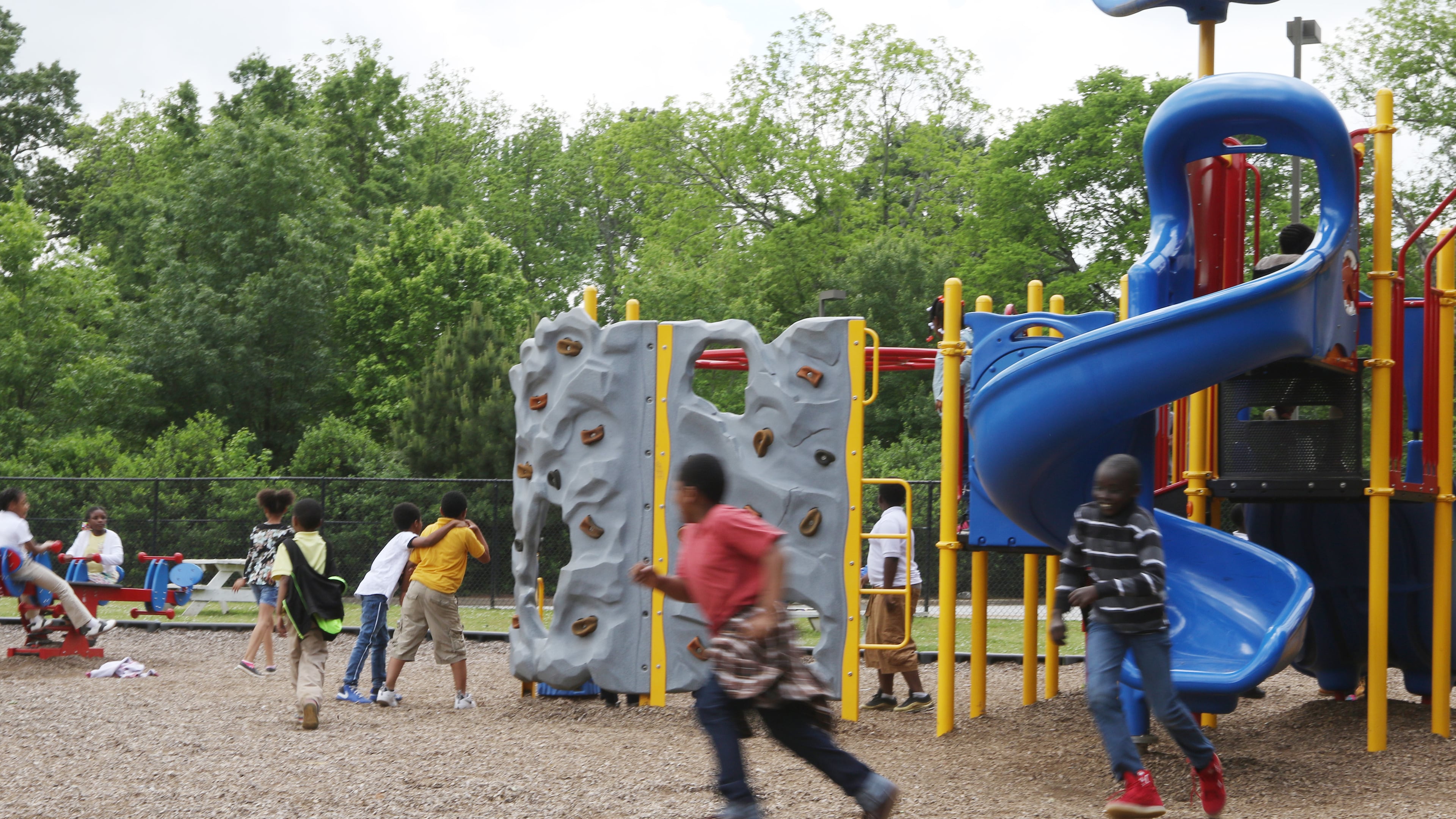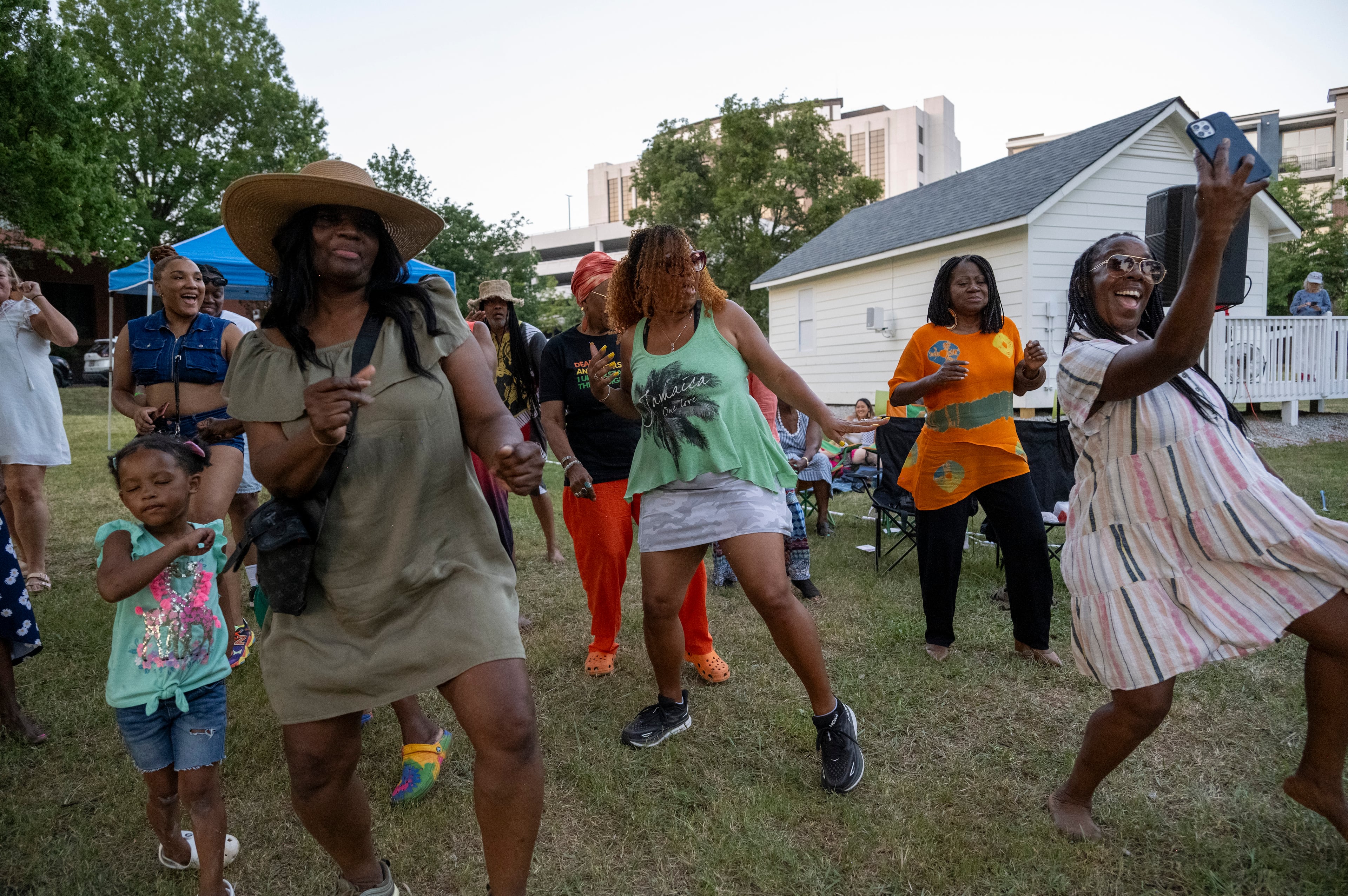OPINION: All work and no play makes Jack an anxious kid

A decade ago, I attended a parents’ gathering at the University of Chicago where a son was attending and asked the school’s health and counseling chief at the time what he had noticed about kids during his 20 years on the job.
Students increasingly had a hard time bouncing back from routine stumbles, said Dr. Alex Lickerman.
“Parents have not allowed their children to fail and don’t have high expectations for their kids on handling failure,” he said, later adding, “In the past 10 to 20 years everyone has become fragile. We have to be careful about what we say. This generation is so easily offended.”
It’s only gotten worse since.
More than 40% of Generation Z, those born between 1996 and 2010, say they have a diagnosed mental health condition, says a 2022 study from the health data management firm Harmony Healthcare IT. And last week, an AJC story noted another study from this spring that said almost 40% of female college students and 22.5% of males received psychological or mental health services in the course of a year.
This has caused Gen Z to be known as The Most Anxious Generation.
The explanations are many: The pandemic, cellphones, social media and worries about the future.
Now add another argument — the lack of independent play for kids. For decades, parents have bubble-wrapped their kids to shield them from life’s woes and, as they grow up, they have a hard time when things go amiss.

Since the 1980s and the advent of “Stranger Danger” and fears about missing kids, parents have kept a tight leash on their young ones, driving them from piano lessons to lacrosse to ACT practice testing instead of letting them hang out with friends and figure out life for themselves.
I called Lenore Skenazy, head of Let Grow, a New York nonprofit promoting childhood independence. For years, she’s been ruing the lack of unstructured play.
It used to be simple. “You go outside, see who’s out there and come up with something to do,” she said. “You come up with rules, make it fair, make it interesting. You learn to include people, how to deal with jerks, how to compromise. It’s all the human interaction and skills you need later in life: Making friends, deadlines, dealing with bosses, confusion and depression.
“If you’re in organized activities, then you’re not playing, you’re in class,” Skenazy said. “You’re not learning the messy stuff because adults are ironing it out for you.”
She calls it a “culture of passivity” where creativity, exploration and, yes, risk, is weeded out in exchange for a sense of safety.
You might have noted on Halloween that few kids are unsupervised as they Trick or Treat. Instead, they are dutifully shuffled from house to house by adult chaperones. As an 8-year-old, that’s the last thing on Earth we’d have wanted.
A recent University of Michigan poll found an overwhelming number of parents think its important for kids to have free time (84% of the parents of 9-11 year-olds).
BUT just 33% allow their kids to walk or bike to a friend’s house and just 50% would let their 9-11 year-olds walk to another aisle at the store without them to fetch a couple of items.

A recent paper in the The Journal of Pediatrics, entitled “Decline in Independent Activity as a Cause of Decline in Children’s Mental Well-being,” also decries the dearth of free play.
“We’re overprotecting them,” said Peter Gray, a research professor of psychology at Boston College and one of the authors. “There’s a loss of the internal locus of control (in children), a sense that ‘I can manage things. I can deal with problems.’ ”
Such a loss in one’s formative years “sets you up for anxiety and depression later when you face stresses in life.”
Gray, another founder of Let Grow, wrote a book on the subject 10 years ago, Free to Learn. At the time “universities were dealing with anxiety, depression and students not being prepared for life — for bad grades or romantic breakups, the normal bumps in the road.”
It’s worse now, he said.
“Some professors were afraid to give anything less than an ‘A’ because students were breaking down,” Gray said, adding that a female student needed a break from studies because a roommate called her something that rhymes with “itch.”
Parents, he said, have become obsessed with building their children’s resumes at the price of their independence.
There’s been a strong argument that cellphones and social media, is causing this wave of anxiety. “That’s more acceptable for people to believe because it’s easier to blame social media than blame ourselves,” he said.
David Bjorklund, who studies evolutionary developmental psychology and one of the authors, said that for eons young children left their mother’s side “and were essentially let loose with other kids in the community. They all learned from one another. The young kids watched the older kids and the older ones learned how to be responsible and to be teachers.
“You need to take into account natural learning environments, kids are keen observers, keen imitators,” he said. Such a dynamic existed with humanity since the days of hunter-gatherers.
But back then, the future hunters weren’t driven to soccer lessons.



